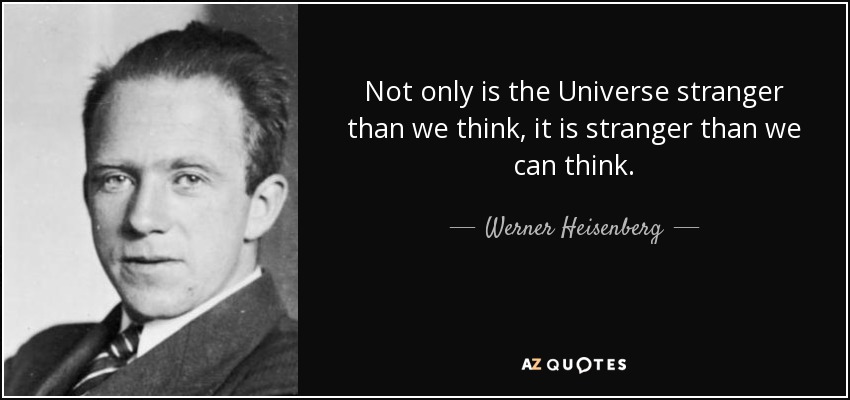drug_mentor
Bluelight Crew
I don't claim to fully understand this type of theory because I'm not an expert in physics, but why is it that time "slows down" for the experiencer in a heavy gravitational field or when the observer is moving through a large amount of space during the event? Then extrapolate that space out to size infinity and have the "observer" be a "point" that covers size infinity, (or a very large size, lets say the size of the universe). Then what happens to time?
Time slowing down doesn't change time being an ordering relation though, does it? Perhaps to make sense of time in the way I attempted in my previous post we need to identify not just a time but a spatial location and/or moving speed as well, I still think that we can view time as a relation that maps on to a certain way events are ordered.
what happens to time when 3d space is the size of an electron or smaller, like at the big bang. trying to imagine this is as "crazy" as imagining that the universe has an edge or endpoint. its either that case or its infinite in some way. both are equally impossible to imagine for us
thats what causes the question for me of that the absolutist view of time that you illustrated is only a result of normal 3D space. since it starts to break down a bit according to physics
If events are occurring in space then the size of the space shouldn't really matter; if some event x precedes another event y then these two events stand in a relation such that y occurred at some time after x. It isn't clear to me why you think shrinking the spatial domain might change the fact that events which don't happen simultaneously have a certain temporal order?
have i been influence by Kant? I Kant say.
In The Critique of Pure Reason Kant argued that space and time are intuitions which are presupposed by all conscious experience, and that it is not possible for us to know the true nature of reality. The passage from one of your previous posts which I quoted above the question seemed to echo these themes. If you are interested, this is a pretty solid read on Kant's views on space and time which situates his position against the views of Newton and Leibniz.







